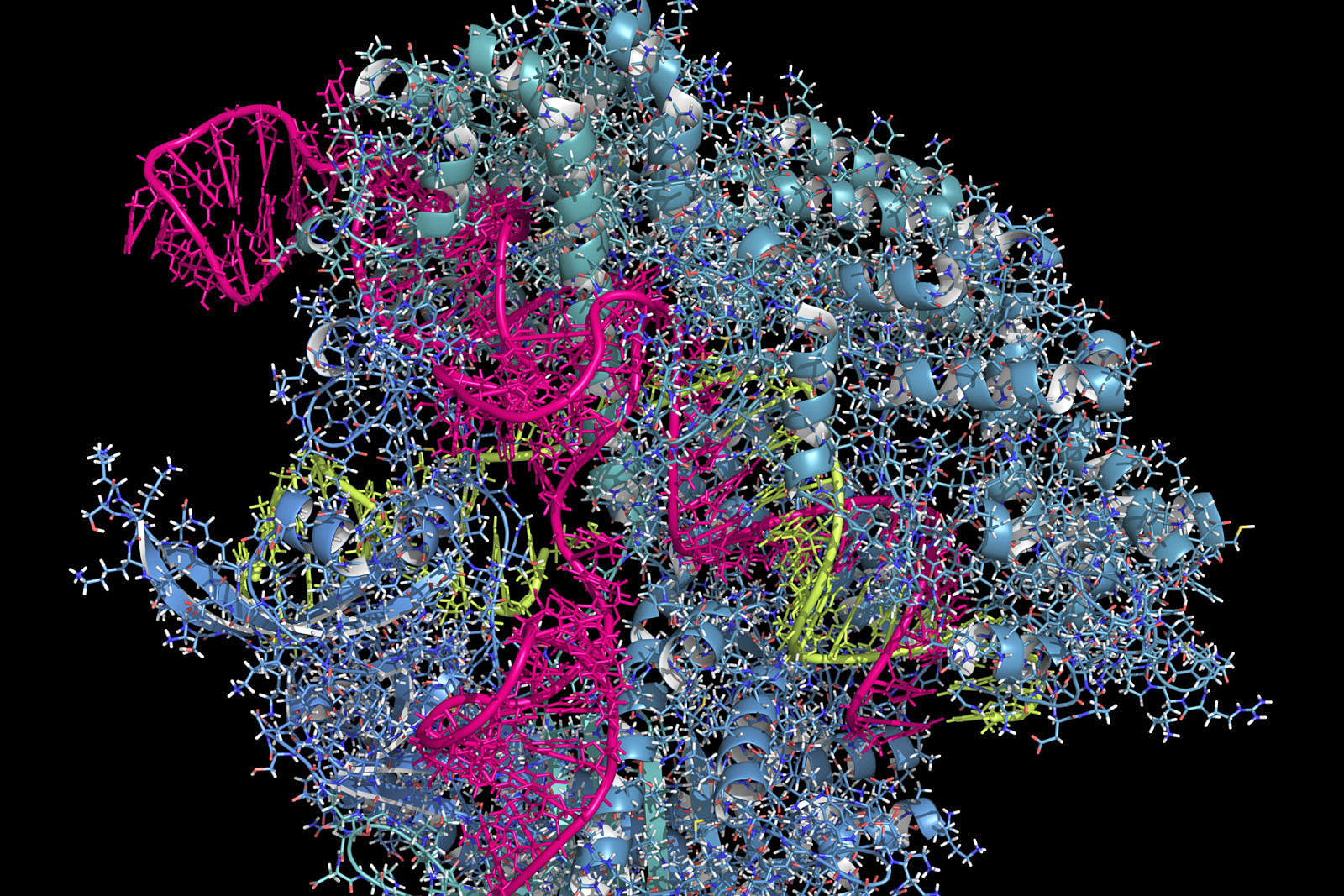
Sure, we've seen rats control other rats, but that won't give us a legion of mind-controlled creatures to unleash upon an innocent public, will it? Harvard Medical School may unwittingly assist with solving our (rather misguided) plight, as it just experimented with a system that lets a human mind trigger actions in a rat's motor cortex. The test had sensor-equipped humans watch a screen that flashed in sync with their EEG brain patterns for visual stimulation; as soon their attention shifted to controlling the rat, they triggered an ultrasonic pulse that twitched the rodent's tail. There's a few problems with the implementation beyond the obvious lack of autonomy for the poor target creature, though. The rat's anaesthetized state likely affected the results, and the system isn't currently sophisticated enough to map specific thoughts to corresponding actions. The Harvard team is working to refine the technology, however, and there may be a day when we can satisfy our megalomania... or at least, put the Pied Piper on notice.
Filed under: Science, Alt
Comments
Via: New Scientist
Source: PLOS (PDF)
 Believe it or not, scientists haven't had a close-up look at CRISPR gene editing. They've understood its general processes, but not the minutiae of what's going on -- and that raises the risk of unintended effects. They'll have a much better understa...
Believe it or not, scientists haven't had a close-up look at CRISPR gene editing. They've understood its general processes, but not the minutiae of what's going on -- and that raises the risk of unintended effects. They'll have a much better understa...
 Believe it or not, scientists haven't had a close-up look at CRISPR gene editing. They've understood its general processes, but not the minutiae of what's going on -- and that raises the risk of unintended effects. They'll have a much better understa...
Believe it or not, scientists haven't had a close-up look at CRISPR gene editing. They've understood its general processes, but not the minutiae of what's going on -- and that raises the risk of unintended effects. They'll have a much better understa...
 Today on In Case You Missed It: Nasa launched the OSIRIS-Rex craft this week to begin its long and lonely mission to visit the Bennu asteroid. It'll return to Earth in seven years full of space rocks and hopefully nothing else. Meanwhile, Harva...
Today on In Case You Missed It: Nasa launched the OSIRIS-Rex craft this week to begin its long and lonely mission to visit the Bennu asteroid. It'll return to Earth in seven years full of space rocks and hopefully nothing else. Meanwhile, Harva...
 On Tuesday, about 150 scientists, lawyers and entrepreneurs gathered at Harvard Medical School to discuss a future project to improve techniques to synthesize human DNA from chemicals. But they held the meeting behind closed doors, with explicit inst...
On Tuesday, about 150 scientists, lawyers and entrepreneurs gathered at Harvard Medical School to discuss a future project to improve techniques to synthesize human DNA from chemicals. But they held the meeting behind closed doors, with explicit inst...
